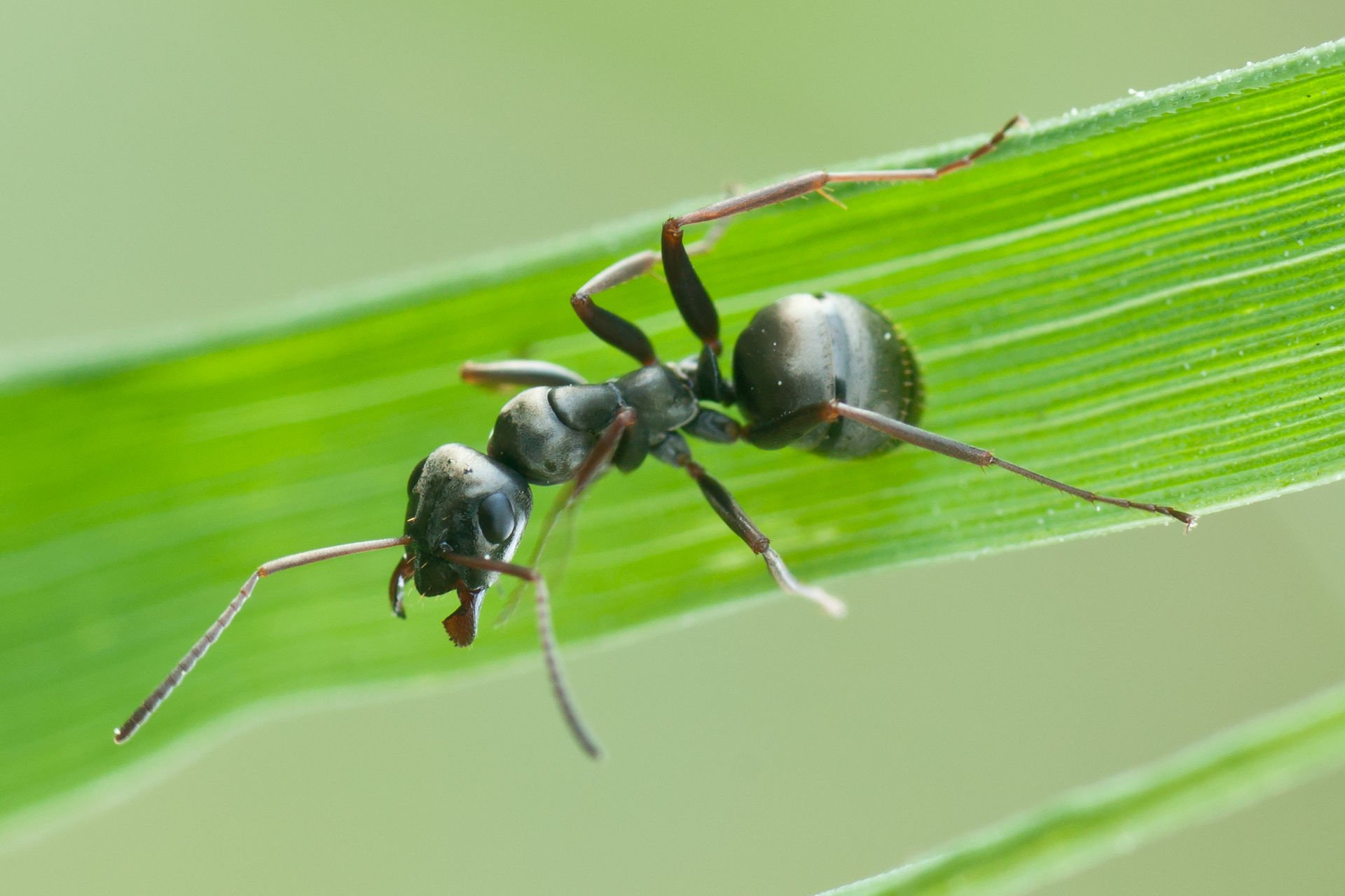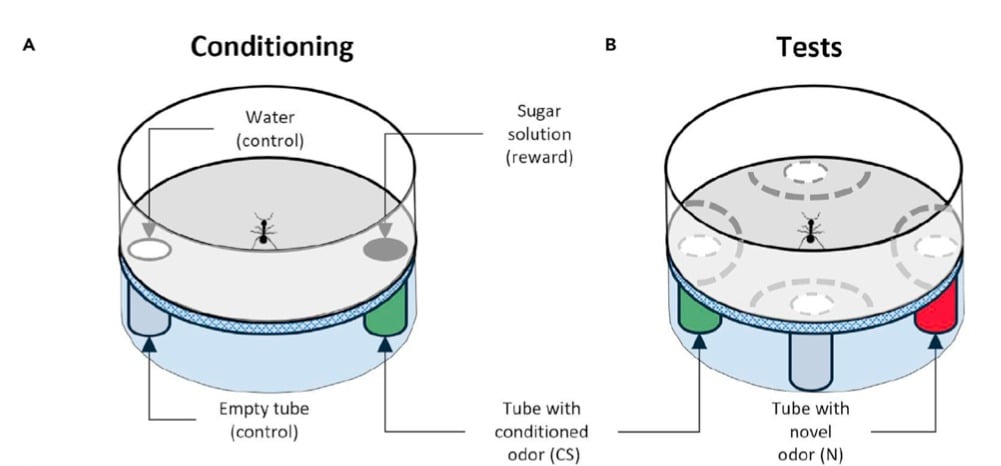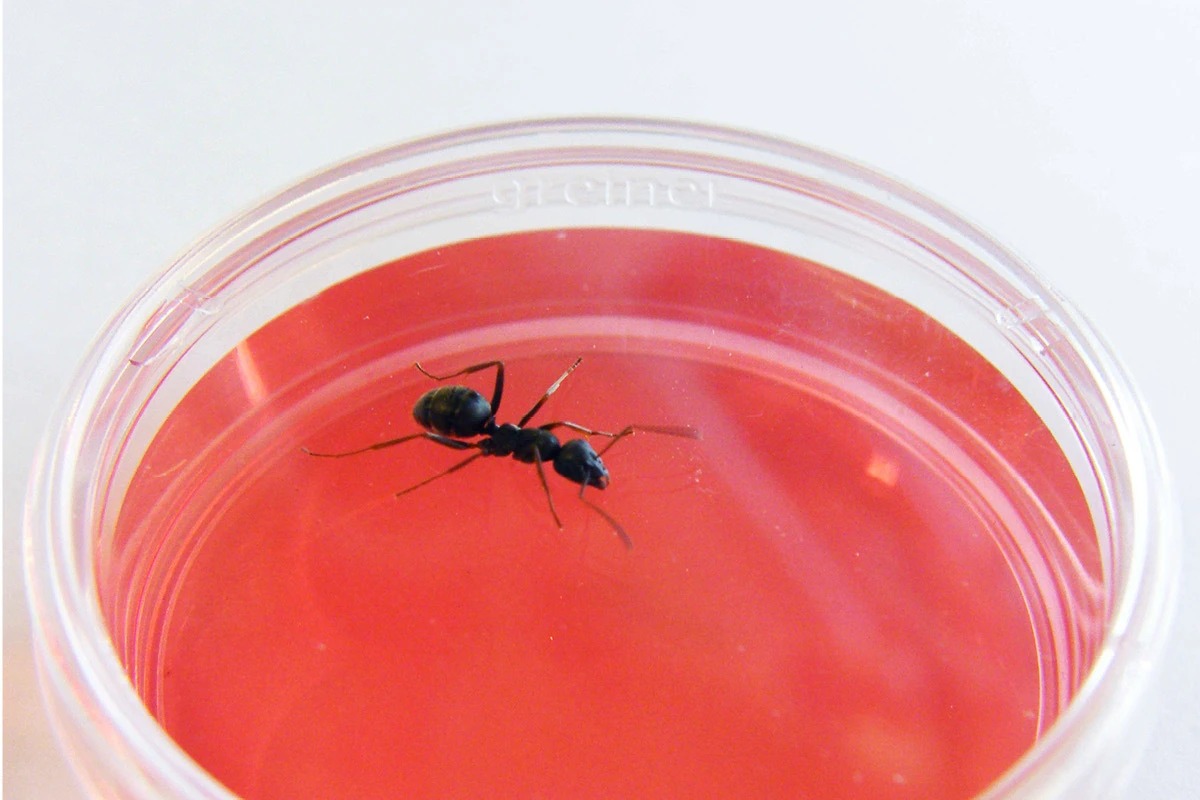
Ants are truly fascinating creatures. The industrious insects can lift up to 50 times their own body weight, morph into rafts to protect themselves from floods, predict earthquakes, and even repair their damaged homes. Now, researchers have found that the amazing insects may even be able to help detect cancer in humans.
For their study, the team led by researchers from Sorbonne University in Paris, France, turned to the Formica fusca, or silky ants, found throughout Europe. They began by exposing individual ants to two tubes — one empty and the other containing a solution with cancerous cells. When the insects went toward the latter tube, they were rewarded with a sugar solution. It took the clever creatures just 30 minutes to associate the diseased cells' distinct odor with the treat.
The scientists tested the insects' cancer-detecting prowess by removing the sugar solution. They found that the ants continued to gravitate towards the tube about nine times before realizing it was gone.

The team then tested to see if the insects could differentiate between different kinds of cancer. They trained two groups of ants to associate the sugar solution with the unique smells of two types of breast cancer. Once again, the insects chose the smell they had been exposed to long after the sugary solution had been removed.
The researchers, who published their findings in the journal Cell.com on February 22, 2022, next hope to determine if the insects can detect cancer when the diseased cells are not isolated from normal cells. They also plan to investigate if they can sniff out cancer from body fluids like saliva or sweat.
Dr. Baptiste Piqueret, the study's lead author, explains, "The human body is not composed of a single cell type but of a myriad. We now need to assess the feasibility of using ants for cancer detection by comparing a whole organism with cancer and a whole organism without cancer. Once this will be done, we could test the abilities of ants with a human body as a source of odor."

If successful, ants could provide a feasible alternative to dogs to detect diseases in humans. They could potentially also be trained to sniff out the presence of things like explosives and drugs.
"Ants are equivalent to dogs… in terms of detection abilities,” the researchers wrote in their study. “In some respects, ants surpass dogs because they need an extremely shorter training time (30 minutes compared to 6-12 months for a dog) and a reduced cost of training and maintenance.”
Resources: NewAtlas.com, sciencefocus.com, bigthink.com
